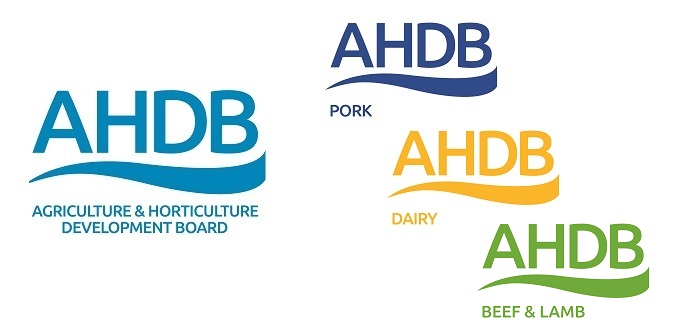UK farmers should be preparing for a possible reduction in direct support as the country moves towards its post-Brexit future, according to the latest analysis by the Agriculture and Horticulture Development Board (AHDB).
Noting that both past and current UK governments have favoured a “more market-oriented approach” to agricultural policy, AHDB’s senior analysts suggest that the future for UK farming support may mirror the sort of insurance-based strategies already used in the US and Australia (Oz).
“If the UK chooses to compete in EU markets on a level playing field, UK policy may continue along current and future EU policy lines and take reform more slowly,” states the report, whose authors accept that everything remains open to debate at present.
“Alternatively, the UK may look on Brexit as an opportunity to create a completely new agricultural policy, and look to alternative models around the world as a guide for new policy development.”
Agreeing that the reduction or removal of direct subsidies would affect the viability of many UK farms and could lead to the restructuring of the industry, the analysts add that future production could potentially be polarised towards larger-scale businesses without subsidies at one end and custodial “living heritage” farming supported by enhanced environmental/custodial subsidies at the other.
“Whatever support for the industry the government decides on, however, it is important to remember that it must be compatible with World Trade Organisation (WTO) rules,” they state. “WTO does not favour any type of support that directly or indirectly supports production, as this inevitably distorts global trade. Even direct payments indirectly distort production, adding weight to the likelihood that they will not be the main feature of a new UK policy.
“Having looked at alternative models of support, therefore, it may be that an insurance-based agricultural policy, as in the US and Australia, may be something that the UK Government will consider. Interestingly, the Australian model averages tax liabilities over multiple years, which has the benefit of smoothing the peaks and troughs of market volatility.
“Following a period of intensive lobbying by the NFU, of course, this is a measure that the UK government announced in April 2015. This may be the first piece of ‘hard evidence’ as to where UK policy may be heading.”




